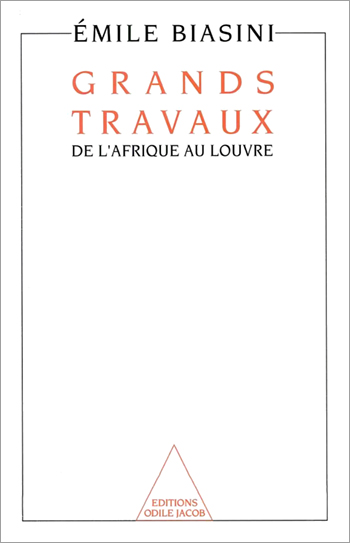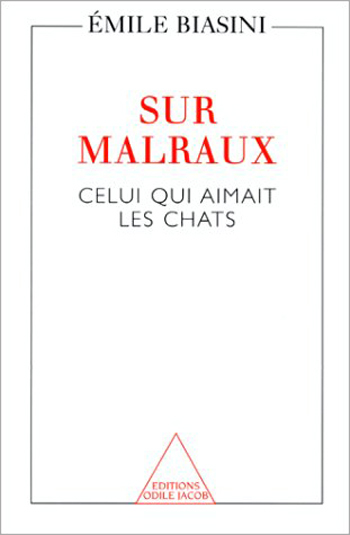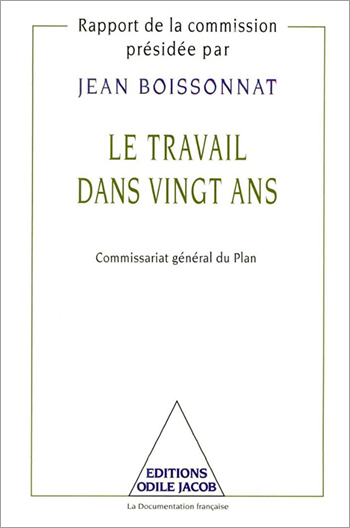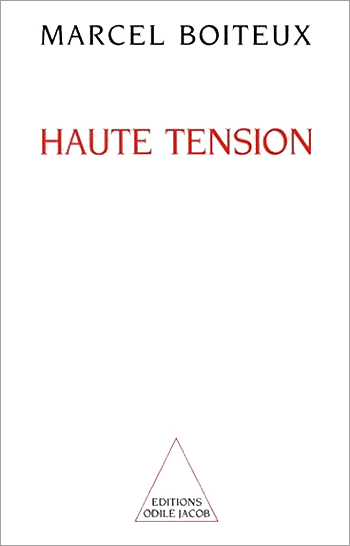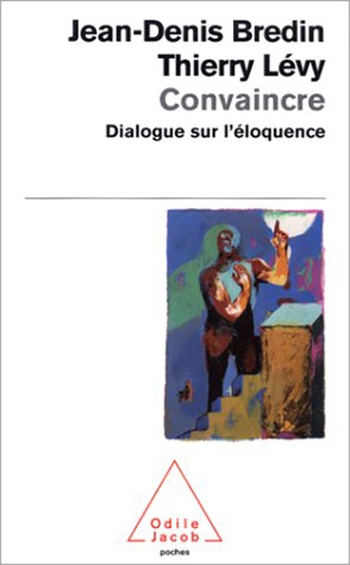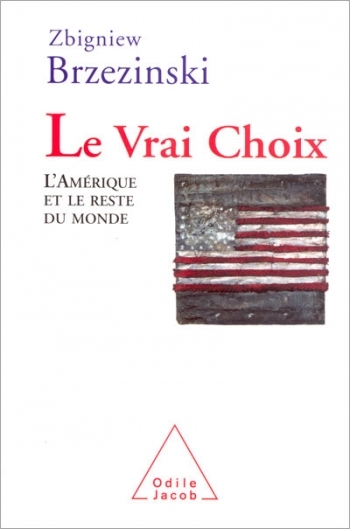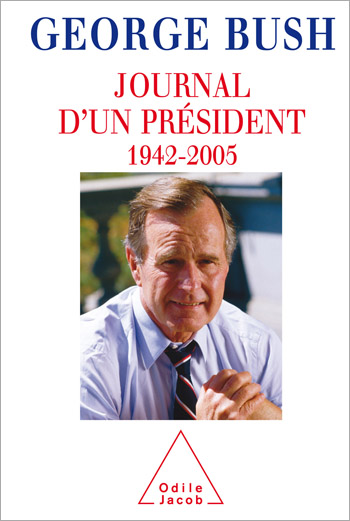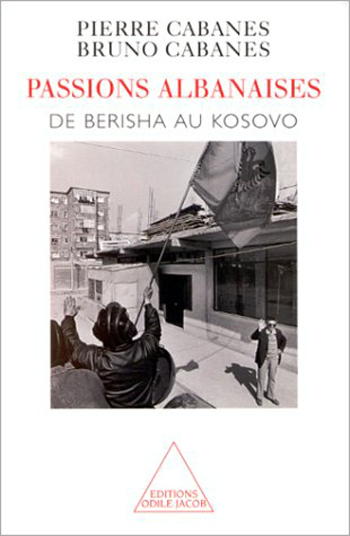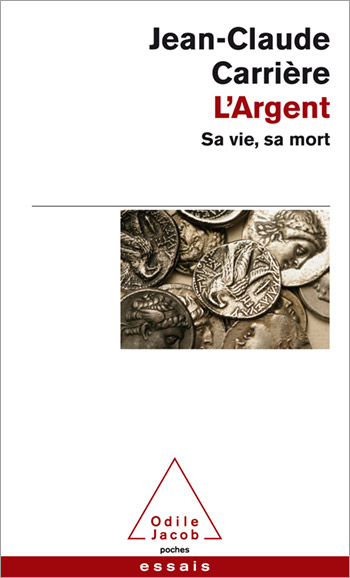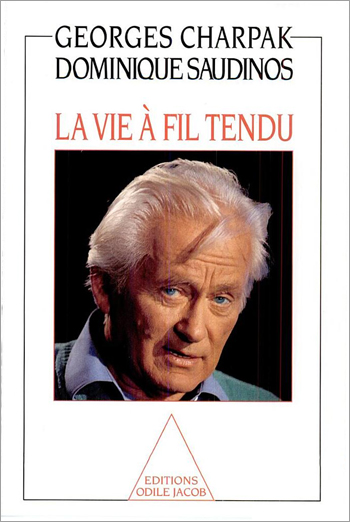Documents All books
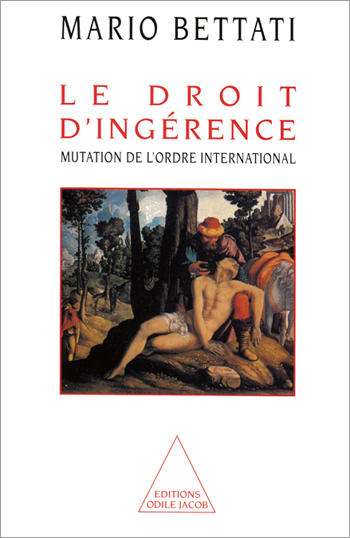
Mario Bettati
The Right of Interference Transformation of International Order
Inventor of the "right of interference", Mario Bettati, a professor of International Law, explains in this book the precise political circumstances and the legal context under which the right of humanitarian interference came about. This book is divided into four parts which follow both a chronological and a logical order. Beginning with interference as verbal denunciation, following with interference as medical assistance, he speaks of forced interference (Yugoslavia, Somalia and Rwanda) and finishes by dissuasive interference (courts for crimes against humanity and conflicts observatories). A thorough presentation of an important subject.
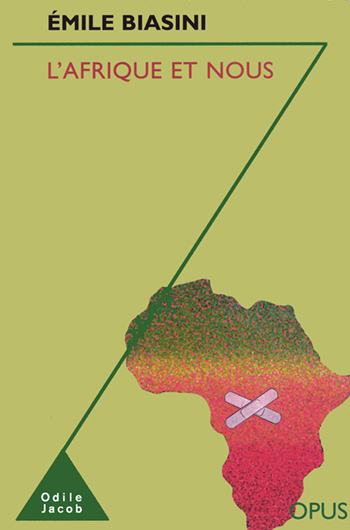
Émile Biasini
Africa and Us
Economist Charles Gide once described colonization as "a force of nature." Biasini believes that to imagine that our current phase of decolonization actually is an end to colonialism is just another manifestation of our society's megalomania. Africa today is going through a phase of change. It must stay faithful to its roots, digesting all the various cultures which have influenced it, while facing a new colonial menace. Its own elites, once fled abroad, have returned to Africa and are quickly becoming the colonists of their own countries. And such colonial ambitions, history teaches us, must inevitably lead to imperialism. Emile Biasini was a civil servant in colonial Africa. Under De Gaulle, he helped found the Ministry of Culture.
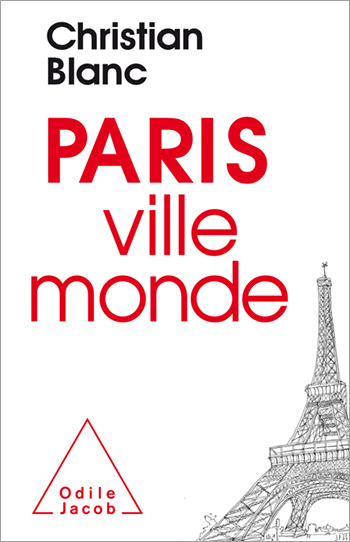
Christian Blanc
Greater Paris
How to save Paris from turning into a dead city and France into a nation in decline
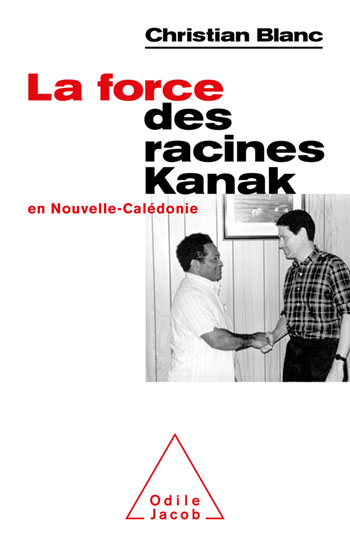
Christian Blanc
The Strength of Kanak Roots in New Caledonia
An exceptional account of a significant episode in the recent history of France, by one of its principal participants.
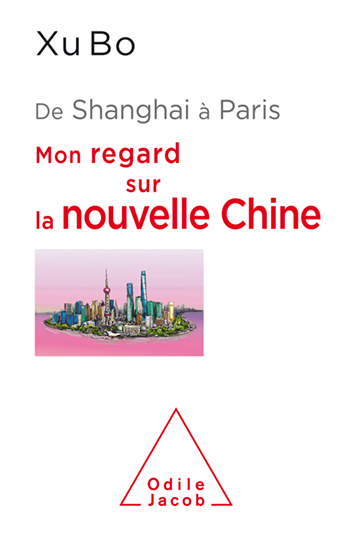
Xu Bo
A Chinese Man from Paris Talks about the New China
A wonderful tale, teeming with anecdotes and portraits that bring to life from the inside the incredible revolution China has experienced in the past two decades.
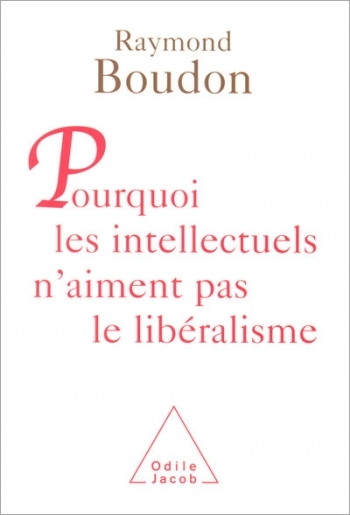
Raymond Boudon
Why intellectual peoples don't like liberalism
Given the intellectual force of liberalism, its political appeal, its economic effectiveness and its historical significance, why is it so unpopular among French intellectuals? Why does it elicit so little serious discussion? And why is it the object of so much confusion, so many clichés and misunderstandings? Is it simply out of resentment, because intellectuals feel that the market does not afford them the material and symbolic rewards that they believe they deserve? Is it just because they prefer to play a critical role in a society where capitalism is triumphant? Perhaps, but these reasons do not explain everything and they certainly dont explain the systematic rejection of liberal thought in France. A sociologist of knowledge rather than of social determinism, and a specialist in belief systems, Raymond Boudon ruthlessly analyses the cognitive mechanisms that make liberalism so hateful in the eyes of French intellectuals. The result is a keen, detailed review of the clichés that have encumbered discussions for more than thirty years. Raymond Boudon, a professor at the University of Paris-IV, is a member of the Académie des Sciences Morales et Politiques. He us the author of numerous works, most notably LInégalité des chances, La logique du social, LIdéologie ou lorigine des idées reçues, LArt de se persuader, Le Sens des valeurs and Déclin de la morale? Déclin des valeurs. He is the co-author, with R. Leroux, of Y a-t-il encore une sociologie?
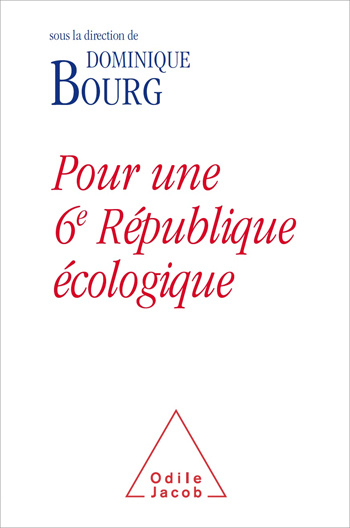
Dominique Bourg
In Defence of an Ecological Sixth Republic
Proposals for a reform of the French Constitution in the run-up to the 2012 Presidential elections
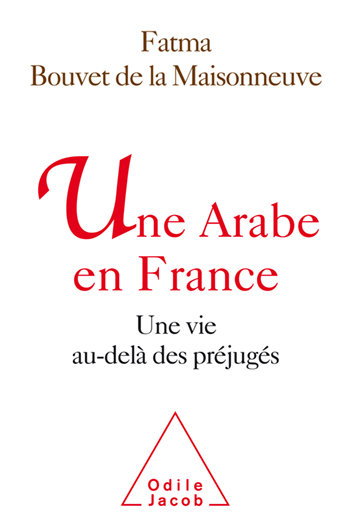
Fatma Bouvet de la Maisonneuve
An Arab from France A life beyond prejudice
A testimony on the question of prejudice about "The Other" and of living together. A sensitive and committed reflection, seen from the inside, on the questions of double culture. A text that sheds light on mutual misunderstandings.
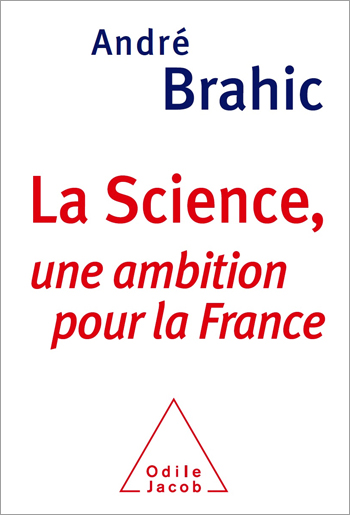
André Brahic
A Manifesto for Science
Because science fascinates and awakens the mind, it should be given pride of place in society and education
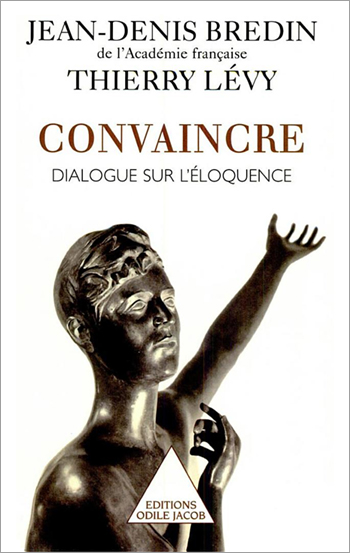
Jean-Denis Bredin, Thierry Lévy
Convince A Discussion of Eloquence
Two of France's most celebrated lawyers demonstrate the power of skillfuloration and how it can subordinate the actual facts. Anyone that is fascinated by speech, judicial history, and the art of debate, will truly enjoy gaining the knowledge, power and sense of conquest that this book imparts as they learn from the masters how to use eloquence advantageously. Entertaining, savage and brillant, this dialogue promises to help all with the art of elocution.
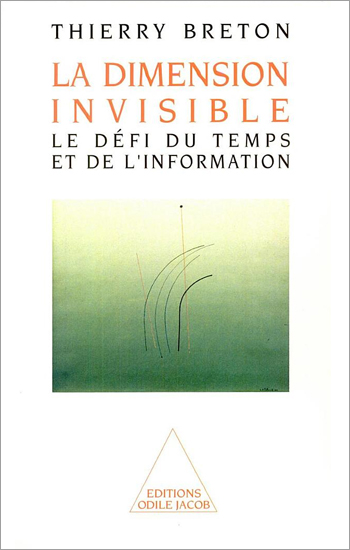
Thierry Breton
The Invisible Dimension The Challenge of Time and Information
The explosion of modern methods of handling information has changed our world. Already space and matter count less then the capacity to control the flux of information. "Intelligence" triumphs, a new source of growth and profit. At a crossroads of science, economy and political and cultural thought, this work is a journey to the heart of the great technological dream of this fin-de-siècle and the society of information that is currently being constructed. Thierry Breton is the author of Softwar, Vatican III and Netwar, works of technological and geopolitical fiction that have been translated in twenty countries.
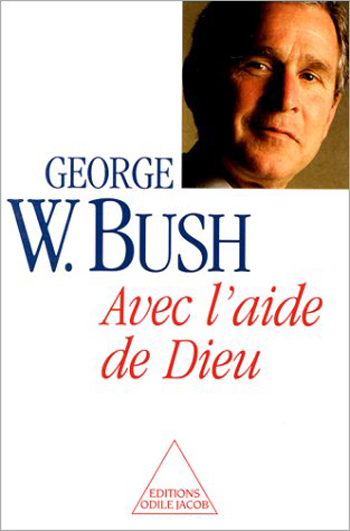
George W. Bush
By the Grace of God
George W. Bush is the new President of the United States. Who is the real man behind the publicity ? What are his values ? What are his ideas for the future of America and the world in general ? This book not only represents a true reflection of the man himself, it is also an invaluable source of information on modern day America.
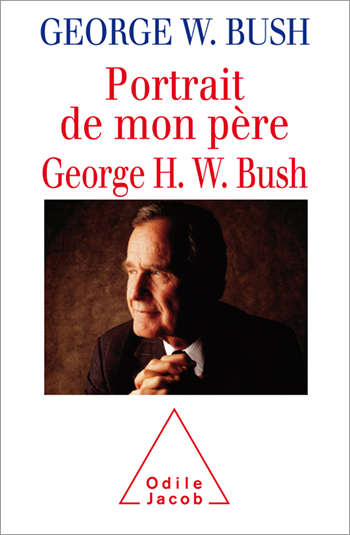
George W. Bush
A Portrait of My Father George H. W. Bush
George W. Bush, the 43rd President of the United States, has authored a personal biography of his father, George H. W. Bush, the 41st President.
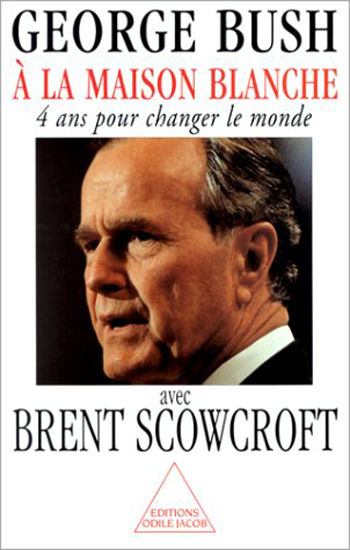
George Bush, Brent Scowcroft
A World Transformed
It was one of the pivotal times of the twentieth century - during George Bushs presidency an extraordinary series of international events took place that materially changed the face of the world. Now, former President Bush and his national secretary advisor, Brent Scowcroft, tell the story of those tumultuous years. Here are behind-the-scenes accounts of critical meetings in the White House and of summit conferences in Europe and the United States, interspersed with excerpts from Mr. Bushs diary. We are given fresh intriguing views of world leaders such as Mikhail Gorbachev, Boris Yeltsin, Margaret Thatcher, Helmut Kohl, and François Mitterrand--and witness the importance of personal relationships in diplomacy. There is the dramatic description of how President Bush put together the alliance against Saddam Hussein in the Gulf War. There are the intensive diplomatic exchanges with Beijing following the events of Tiananmen Square, and the intricate negotiations leading up to the German reunification. And there is the sometimes poignant sometimes grim portrayal of Gorbachevs final years in power. A World Transformed is not simply a record of accomplishment; Bush and Scowcroft candidly recount how the major players sometimes disagreed over issues, and analyze what mistakes were made. This is a landmark book on the conduct of American foreign policy-- and how that policy is crucial to the peace of the world. It is a fascinating inside look at great events that deepens our understanding of todays global issues. George Bush was President of the United States from 1989 to 1993. Brent Scowcroft was National Security Advisor under Presidents Ford and Bush.
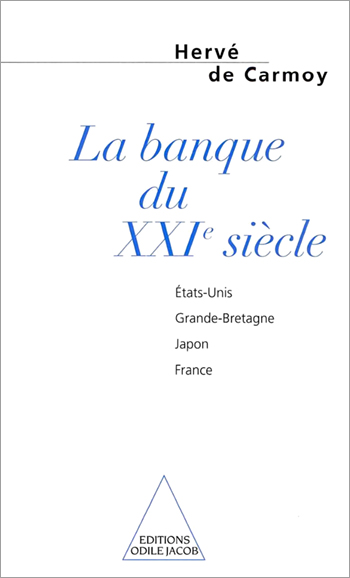
Hervé de Carmoy
The Bank of the 21st Century USA, Great Britain, Japan, France
This past decade has seen a profound modification of the banking environment due to technological mutations and a globalization of economy. What is the future of one of the oldest trades in the world, the money trade? What will tomorrow's bank look like?Hervé de Carmoy gives a thorough account of the recent banking evolutions in the United States, in London, in Japan, as well as in countries in full expansion, such as China. He takes stock of the setting up of bank industry in France. He questions the impact of drug money on financial circulation and diagnoses the emergence of a new banking model, the "Dividend-Bank", centered around transparence, rigour, profit and the obsession with clients. Former administrator-in-chief of the Midland Bank in London, Hervé de Carmoy is currently chairman of the BIMP. He is the author of "Banking Strategy".
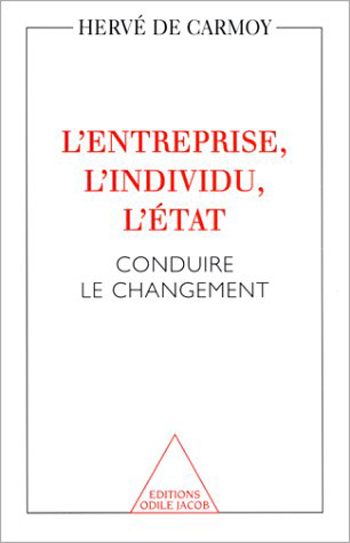
Hervé de Carmoy
Entreprise, Individual and State Leading to Change
The author believes that France is suffering from numerous ills, including inertia, demagogy, unemployment, corruption, corporotism, elitism, and a general withdrawal from the outside world. He also thinks that much more than clear-headedness and a desire for change are required if a cure is to be found. What is the best way of making the necessary changes? How have others gone about implementing those changes? He believes the business world provides an excellent model for learning how to deal with an ever-changing environment. Hervé de Carmoy was formerly general director of the Midland Bank in London.
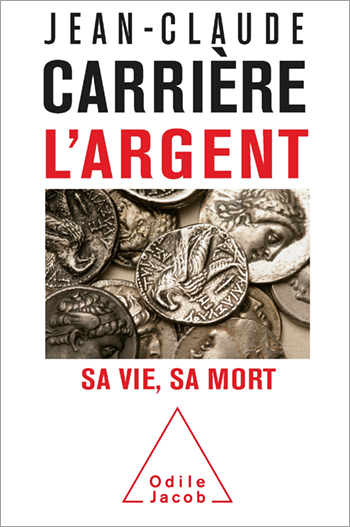
Jean-Claude Carrière
Money
Arguing from a moralist’s point of view, Jean-Claude Carrière contends that money has become an invisible, all-powerful force
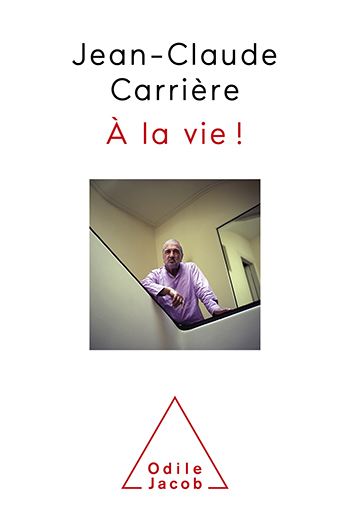
Jean-Claude Carrière
To Life!
A short, intimate, and heartfelt book, the latest conversation to which Jean-Claude Carrière invites us
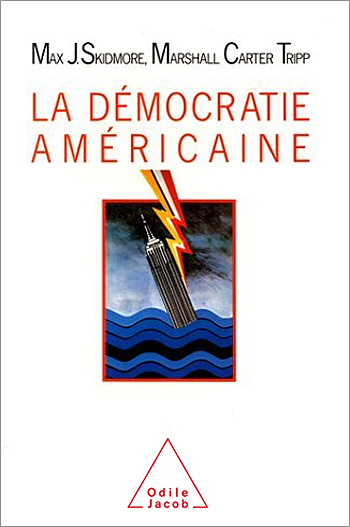
Max J. Skidmore, Marshall Carter Tripp
American Democracy
What do we really know about the United States? A superpower that fascinates for its success and irritates by its arrogance, this immense country is nonetheless an extraordinary political invention, a real laboratory of democracy. This book describes the functioning of the American regime, whose essence is that of being a perpetual creation.
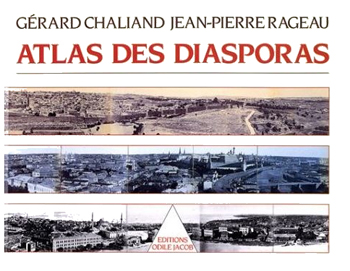
Gérard Chaliand, Jean-Pierre Rageau
The Atlas of Diasporas
For the first time, a complete and global presentation, both historical and geographical, of diasporas. Sixty maps, many illustrations, and accurate syntheses help reproduce the great archipelago of exile, wandering and migration. From the authors of The Strategic Atlas, The Political Atlas of the 20th Century, and The Atlas of Europeans.
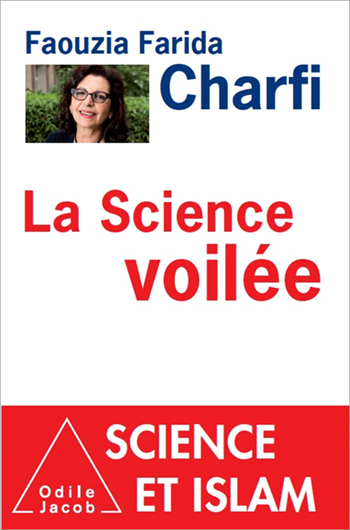
Fouazia Farida Charfi
Science Under the Veil
A vigorous defence of science combined with an appeal to Tunisians to look ahead and not turn their backs on the future

